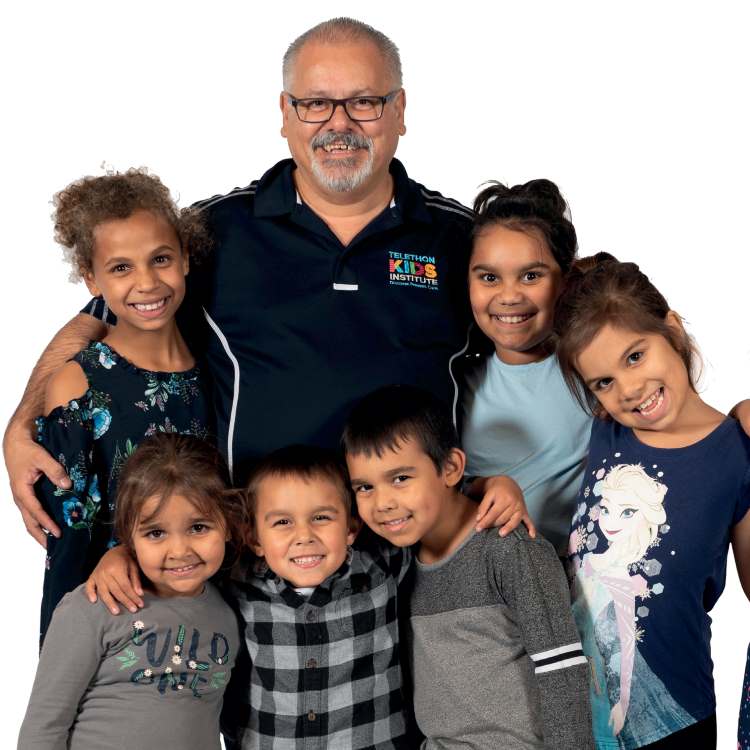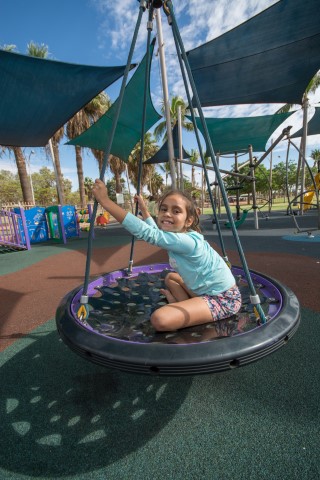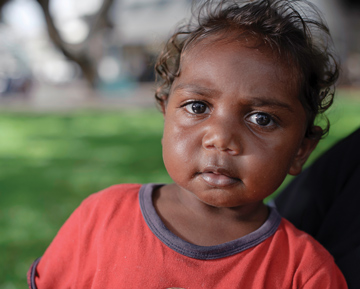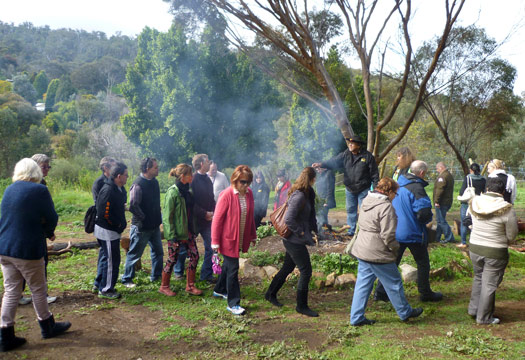Search
Research
Indigenous well-being in four countriesCanada, the United States, Australia, and New Zealand consistently place near the top of the United Nations Development Programme's Human Development Index...
Research
Theories of otitis media pathogenesis, with a focus on Indigenous childrenOtitis media is a common childhood illness associated with hearing loss, social disadvantage and medical costs. Prevalence and severity are high among...
Research
Rio Tinto Child Health Partnership Final ReportIn 2002, the Founding Director of The Kids for Child Health Research, Professor Fiona Stanley, approached Rio Tinto Ltd about the possibility...
Research
Diverging trends for lower respiratory infections in non-Aboriginal and Aboriginal childrenTo investigate temporal trends in admission rates for acute lower respiratory infections (ALRI) in a total population birth cohort of non-Aboriginal and...
Research
Interpretation of recent sudden infant death syndrome rates in Western AustraliaData for recent years show a shift away from a classification of 'SIDS' towards a classification of 'unascertainable', particularly for Aboriginal infants.

News & Events
Elders lift their voices to bridge the gap for kidsLed by nine Elders, the Ngulluk Koolunga Ngulluk Koort Project is working to generate a better understanding of early childhood development from an Aboriginal/Nyoongar perspective.

News & Events
Research suggests strong connection to culture can help protect Aboriginal and Torres Strait Islander children from institutional sexual abuseA new report that suggests strong connection to culture can help protect Aboriginal & Torres Strait Islander children from sexual abuse in institutions.

News & Events
Getting kids into gear for learningResearchers from The Kids Research Institute Australia are running a school program designed to help children adjust their levels of alertness and attention in class.

News & Events
The Kids Kimberley: Researchers and communities working togetherIn 2016, with enabling donations from Denby Roberts, Stan Perron, Wesfarmers and Centurion, the Institute established a permanent presence in the Kimberley.

News & Events
Elders insight leads to spine-tingling breakthroughDr Michael Wright remembers the 'aha' moment while working with distressed Nyoongar families to identify what was limiting engagement with services.
